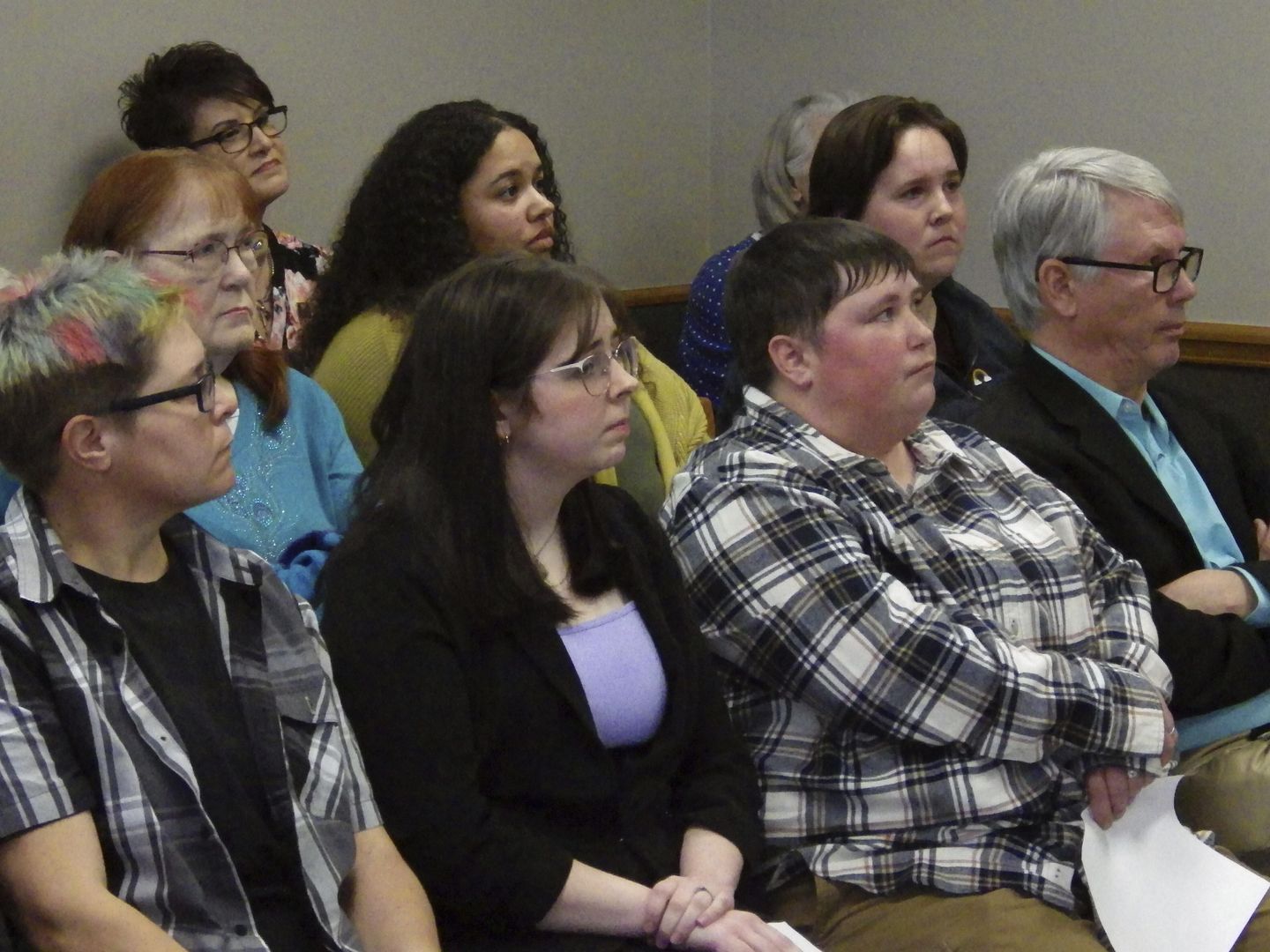Legislators in North Dakota are on the brink of making a significant move that could make their state the first to challenge a decade-old ruling by the U.S. Supreme Court. The ruling in question is the landmark decision that legalized same-sex marriage across the entire nation. This move by North Dakota lawmakers is a clear indication of the ongoing debate surrounding this issue, which continues to be a contentious one despite the Supreme Court’s previous ruling.
North Dakota’s lawmakers are not simply debating the issue internally, but are preparing to take this matter to the highest court in the land. They are seeking to overturn the U.S. Supreme Court’s ruling on same-sex marriage, a decision that was made over a decade ago and has since been a cornerstone of civil rights advancement in the United States.
This landmark ruling, known as Obergefell v. Hodges, was decided in June 2015. It ended the ban on same-sex marriage, effectively making it legal in all fifty states. This unanimous 5-4 decision was hailed as a triumph for LGBTQ+ rights, breaking down a significant barrier to equality. However, the reaction was not universally positive, with many conservative states and communities expressing their opposition to the ruling.
This move by North Dakota is a clear reflection of this ongoing opposition, and if successful, could set a precedent for other states to follow suit. The state has a history of conservative values and legislation, and this new development is in line with that trend.
The specifics of the North Dakota lawmakers’ plan are not yet fully known, as this is an ongoing and delicate matter. However, it’s clear that the lawmakers are not simply seeking to prevent further same-sex marriages within the state. They are challenging the very foundation of the Supreme Court’s ruling, seeking to overturn it completely.
Such a legal challenge would be a significant undertaking, requiring a robust legal argument and a compelling case. The lawmakers would need to convince a majority of the nine Supreme Court justices that the previous ruling was incorrect. Given the historical importance and impact of the Obergefell v. Hodges decision, this would be no small task.
This move by North Dakota lawmakers comes at a time when the rights and freedoms of the LGBTQ+ community are increasingly under scrutiny, both within the United States and internationally. Over the past few years, there have been numerous controversies and debates surrounding LGBTQ+ rights, including issues related to transgender rights, workplace discrimination, and religious freedom.
The potential overturning of the Obergefell v. Hodges ruling would have far-reaching implications. For same-sex couples, it could mean a return to a time when their unions were not recognized by the state, denying them the legal protections and benefits that come with marriage. For the LGBTQ+ community as a whole, it would be a significant setback, undermining decades of progress towards equality.
Meanwhile, for those who oppose same-sex marriage, a successful challenge would represent a victory for their viewpoint. It would provide validation for their belief that marriage should be defined as a union between a man and a woman, a stance that has been the center of much debate and controversy.
However, it should be noted that this move by North Dakota lawmakers is not a guaranteed success. The U.S. Supreme Court is not obligated to hear every case that is brought before it. In fact, the court only hears a small fraction of the thousands of cases it is asked to review each year. Furthermore, even if the court does agree to hear the case, there is no guarantee that the justices would vote to overturn the previous ruling.
Regardless of the outcome, this move by North Dakota lawmakers is significant. It highlights the ongoing debate surrounding same-sex marriage and the rights of the LGBTQ+ community more broadly. It serves as a reminder that while significant progress has been made, the fight for equality is far from over.
In conclusion, the move by North Dakota lawmakers to challenge the U.S. Supreme Court’s ruling on same-sex marriage is a potentially groundbreaking development. It reflects the ongoing divisions and debates surrounding this issue, and could have significant implications for the future of LGBTQ+ rights in the United States. Whether or not the challenge is successful, it is a reminder of the evolving nature of civil rights and the ongoing struggle for equality.









